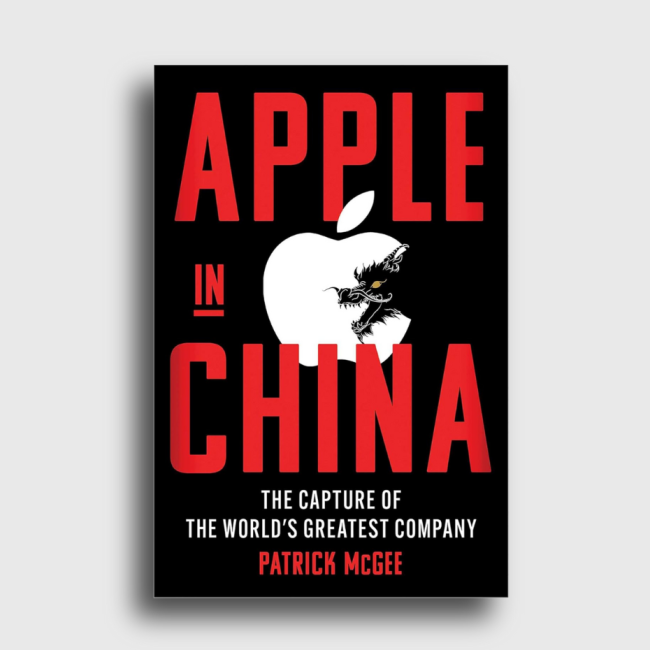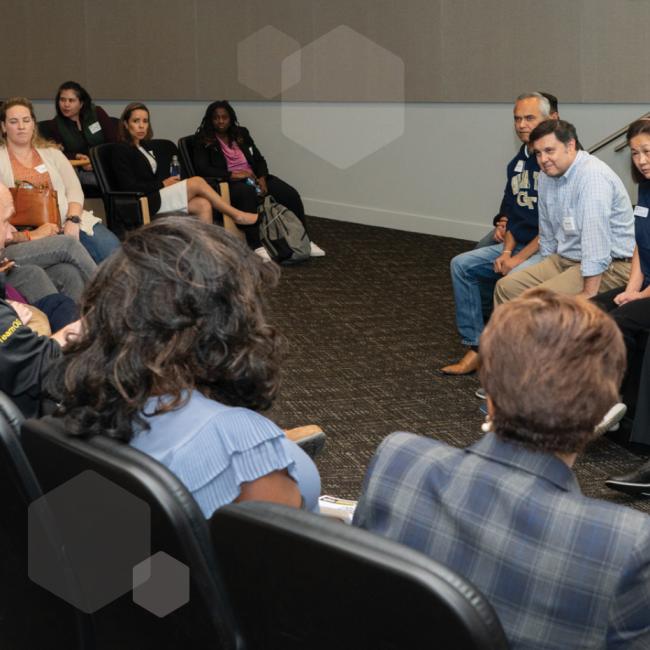Industry & Trends
Industry Insights from Georgia Tech Experts
Emerging trends can seem ambiguous and fleeting, but are essential for any organization — regardless of industry — and form the foundation for future innovation. From AI to robotics, machine learning, and the IoT, these emerging trends, challenges, and opportunities are altering the way we live, work, and interact with others.
Staying up-to-date on the latest industry trends will give you the knowledge and resources to prepare yourself and your organization for growth. Georgia Tech Professional Education provides insights into the latest factors shaping your industry, along with world-class perspectives and strategies driving the future trends.
Supply Chain Trends
Industry 4.0 is transforming the way supply chains operate across industries. From advanced robotic solutions to the Physical Internet, organizations are automating and digitizing to improve efficiency and effectiveness. Here are four tech-driven trends to help you leverage evolving technologies and prepare for the future of supply chain networks.












